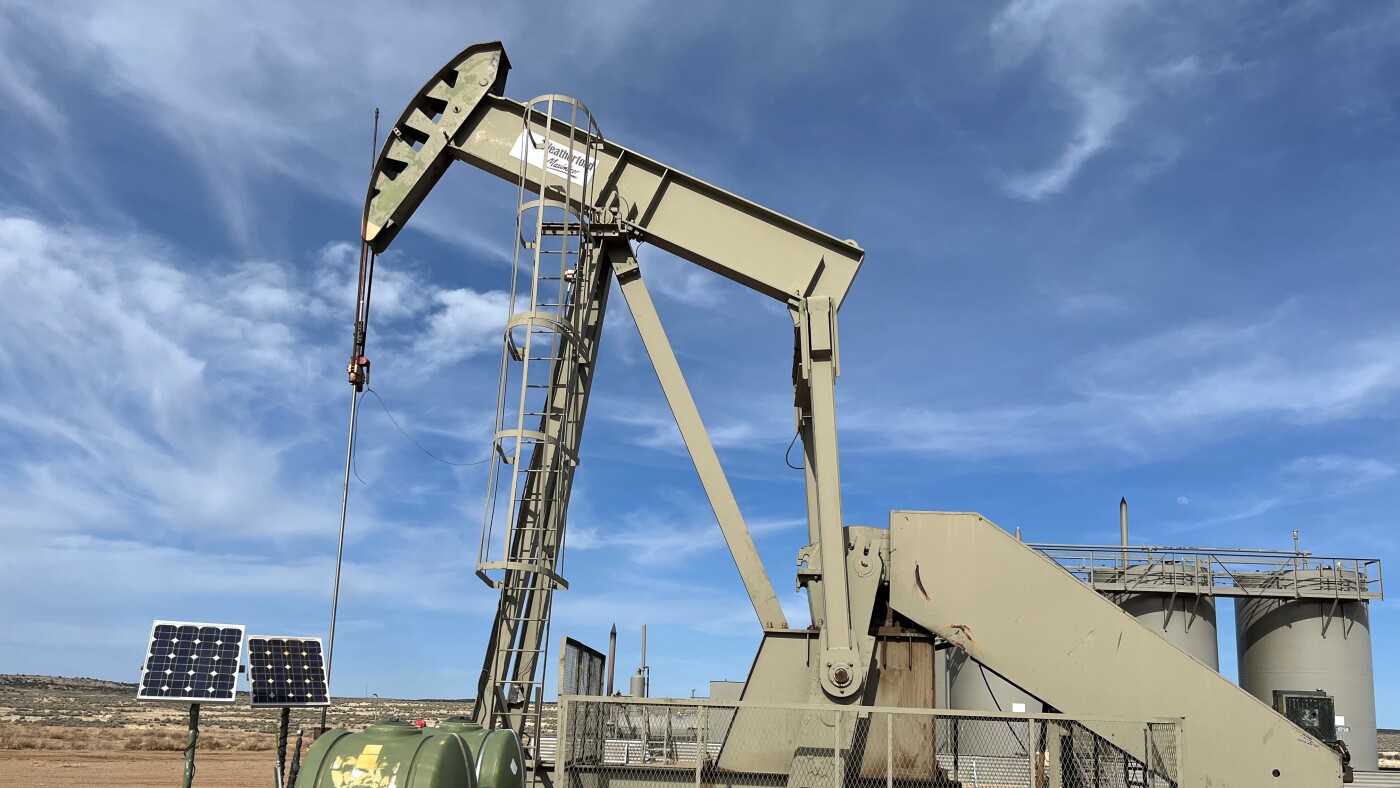Crude Awakening: Big Oil's Trump Honeymoon Turns Sour

The oil industry's initial euphoria over a potential Trump presidency is rapidly cooling, as executives find their optimistic profit projections overshadowed by growing economic uncertainty. What once seemed like a promising landscape for energy sector growth is now being tempered by mounting recession fears.
Initially, oil company leaders had enthusiastically anticipated a Trump administration, expecting policies that would favor fossil fuel expansion and deregulation. However, the current economic climate is casting a long shadow over those rosy expectations. Mounting global economic pressures are eroding the confidence that previously buoyed the industry's outlook.
Recession indicators are signaling potential challenges ahead, causing oil executives to reassess their strategic plans. The once-bright prospects of increased drilling opportunities and relaxed environmental restrictions are now being weighed against the stark possibility of reduced global energy demand and tightening market conditions.
As economic headwinds intensify, the oil industry finds itself navigating a complex and unpredictable terrain, where previous assumptions about growth and profitability are being rapidly reevaluated.
